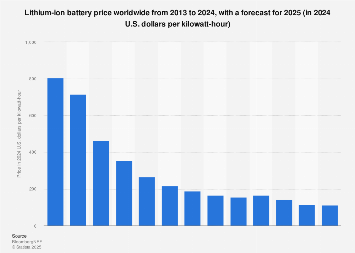Right now, and in the theoretical scenario you describe, maybe.Of course we have a National Grid but it is nowhere near the sort of capacity we would need to enable the charging of more and more EVs and heat pumps. Enlargeing it is going to be hugely expensive and destructive. What you forget is that in order to deliver electricity, a physical circuit of sufficient capacity is permanently required from generation sources to every single point of consumption. It is a hugely expensive way to distribute energy. It is already the case that if most folk had EVs and most got home from work and plugged in their EVS at 6 or 7 pm, the entire estate of houses would suffer a blackout.......or all those chargers would only get a very low charge rate. More likely is that EV charging would not be enabled until after midnight and cut off before 7am.
But, that’s catastrophising a little I think, as that’s not actually the situation and the link I posted from National Grid demonstrates how they’re planning for it.
That’s before we get to things like ‘vehicle to grid’ where millions of EVs can actually support the grid at peak demand, it’s real and it can happen.
Worse case scenario, even if vehicles could only charge at home between midnight and 0630, that’s still 150 miles+ of range for each and every car plugged in. That’s 4 or 5 days mileage for your average driver here in the UK. If you need more, there will be other options.
Putting in place the infrastructure to support fossil fuel use has been enormously expensive as well, and continues to be so. As for destructive, the current setup is about as destructive as it gets, so no contest really.
Anyway, I don’t post this stuff for an argument, it’s an EMTB forum, mine and yours hobby presumably, and it’s also far away from a dodgy ebike battery going up in flames.
